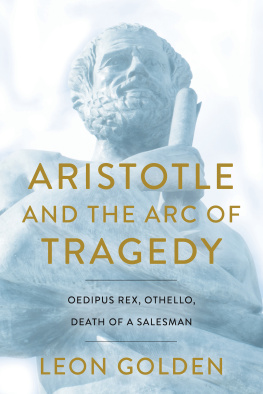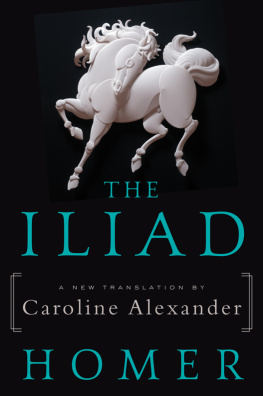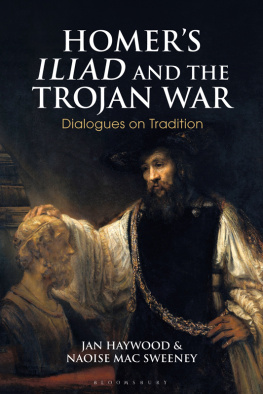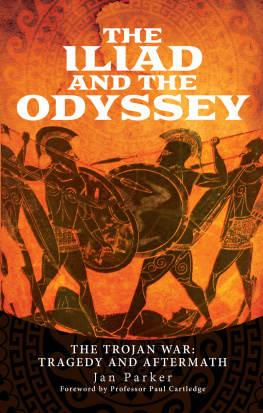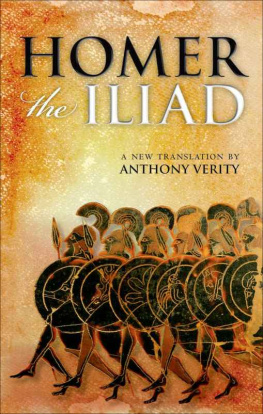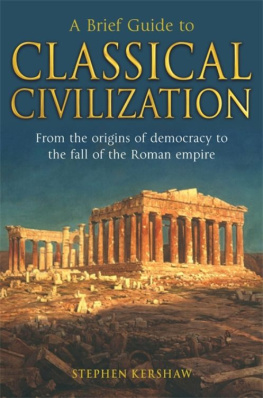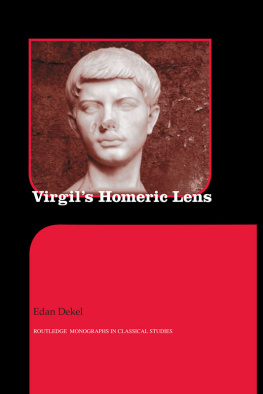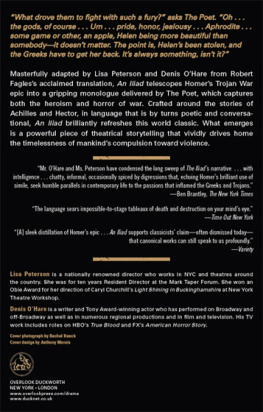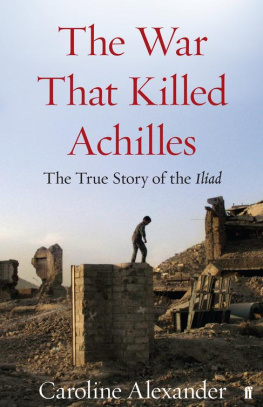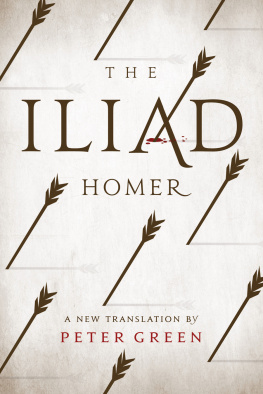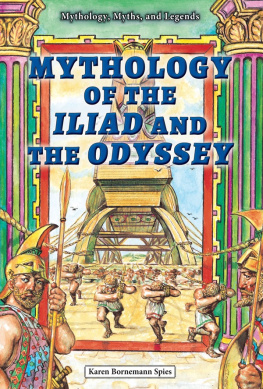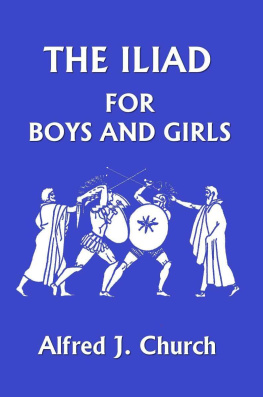The author gratefully acknowledges permission to use the following copyrighted content:
Martha C. Nussbaum, The Fragility of Goodness: Luck and Ethics in Greek Tragedy and Philosophy , 2nd Edition. Copyright 2001 Martha C. Nussbaum. Reprinted with the Additional: permission of Cambridge University Press.
Excerpt(s) from Death of a Salesman by Arthur Miller, copyright 1949, renewed 1977 by Arthur Miller. Used by permission of Viking Books, an imprint of Penguin Publishing Group, a division of Penguin Random House LLC. All rights reserved.
J. Gassner, Catharsis and the Modern Theater, in Aristotles Poetics and English Literature , ed. Elder Olson (Chicago: University of Chicago Press, 1965), 10813; essay originally published in One Act Play Magazine and Theater Review (August 1937). 1965 by The University of Chicago Press. All rights reserved. Published 1965. Printed in the United States of America. Used by permission of University of Chicago Press.
Aristotles Poetics: A Translation and Commentary for Students of Literature . Translated by Leon Golden and commentary by O. B. Hardison, Jr. Gainesville: University Press of Florida, 1982. Used by permission of University Press of Florida.
I.
All mankind yearn by nature for knowledge.
Aristotle, Metaphysics 1.980
The elegantly simple, impressively profound comment by Aristotle in his Metaphysics is, I propose, the necessary basis for understanding the essential argument of his influential treatise on poetic theory, the Poetics . This seminal work is still treated with scholarly reverence and cited as a doctrinal authority on matters literary. However, it is imperfectly or seriously misunderstood regarding one or more concepts of the greatest significance, which it places before us as instruments of interpretation.
Two causes appear to have brought poetry into existence and these are natural causes. For the process of mimesis is natural to mankind from childhood on and it is in this way that human beings differ from other animals, because they are the most imitative of them and achieve their first learning experiences through mimesis . A proof of this is what really happens; for there are some things which are painful to us when we see them but we take pleasure in viewing the most precise representations of them, for example, the forms of the most despised wild animals and of corpses. The reason for this is that the act of learning is not only most pleasant to philosophers but, in a similar way, to everyone else, only others share in this pleasure to a more limited degree. For it is because of this that we take pleasure when we see representations because it turns out that in our viewing of them we learn and infer what each thing is, for example that this is that ( Poetics, 1448 b 417).
Aristotles apparently enigmatic phrase that this is that is persuasively explained by Bywater as follows: Our pleasure in the contemplation of a picture or other work of imitative art is explained here to be the natural concomitant of an intellectual act, the discovery or recognition on our part of the meaning of the picture.
The essential core in witnessing all imitative representations is then for Aristotle a cognitive event, a learning experience. There are in addition other common elements that Aristotle has observed that specifically define over the long arc of representations of the tragic some permanent and unchanging aspects of the human condition. Reformulated time and time again, these elements accurately define the role Aristotelian tragedy plays in human experience. Let us begin with that central figure often designated as the tragic hero, who is the principal agent in the operation of the tragic action. Aristotle defines the tragic hero as follows:
There remains the person whose character lies in between those who are of exceptional virtue and those who are afflicted with very great evil. Such a person is neither preeminent in virtue nor falls into misfortune because of vice and depravity. But rather because of some hamartia .... It is necessary for the good plot to have a single rather than a double ending, as some people say, and for the change of fortune to take place, not to good fortune from bad fortune, but just the opposite, from good to bad fortune, and not because of depravity but because of some significant hamartia on the part of such a person who has been described or on the part of a better rather than a worse one ( Poetics 1453 a 717).
For Aristotle, then, the center of our attention in the unfolding of the mimetic examination of tragic experience is a very specific kind of human being, one whose involvement in tragic circumstances is caused by a very specific kind of failing, a hamartia (Gk. ). Exactly what this critical term designates has been much discussed and variously interpreted whenever tragedy as a genre has appeared on the scene. But my argument in this treatise will be that any tragedy that authentically earns the designation of an Aristotelian tragedy requires that this term be understood in one specific way as described below by Gregory Crane:
An example from the study of ancient Greek attitudes illustrates the problems of linguistic interpretation. Aristotle, in the Poetics (1453 a 10), writes that the hero in a tragedy suffers disaster because of a hamartia. For at least 500 years, hamartia was understood as a moral error and gradually became crystallized as the tragic flaw of character. This interpretation cannot be maintained in the light of what Aristotle elsewhere says about hamartia (Lucas 1968: 299307), for he clearly uses this term as miscalculation or failure of judgment without moral implications of any kind, but because the Greek term hamartia was understood to designate a moral failing and because most scholars through the early 20th century expected classical texts to reinforce Christian ethics, this reading was not seriously challenged. The interpretation of a single word stood as the cornerstone for a complex reading of Greek (and other tragedy). Sophocles Oedipus Rex became trivialized into an unambiguous morality play wherein the proud and irascible Oedipus, deceived by the fatal flaw of pride, meets the fate that he richly deserves.
Crane here gives a succinct and persuasive justification why the all-too-common attempt to find a moral failure, a tragic flaw in the Oedipus Tyrannus specifically (but also in certain other tragedies) is itself a flawed enterprise.
Bywater had pointed out much earlier that:
hamartia in the Aristotelian sense of the term is a mistake or error of judgement and the deed done in consequence of it is a harmatema. In the Ethics an harmatema is said to originate not in vice or depravity but in ignorance of some material fact or circumstance. This ignorance we are told in another passage takes the deed out of the class of voluntary acts and enables one to forgive or even pity the doer.... It is strange that the hamartia ... of which Aristotle is speaking should have been taken... by others to mean not an error of judgment, but some ethical fault or infirmity of character.... The Sophoclean Oedipus is a man of hasty temper but his hamartia was not in that, but in the great mistake he made when he became unwittingly the slayer of his own father.
D. W. Lucas confirms the above interpretations of hamartia when he writes, This flaw or frailty is a popular starting point for the discussion of not only Greek Plays. But though hamartia can mean many things, there are few, if any, passages where flaw is a justifiable rendering and there can be little doubt that what A. recommends is a character neither very good nor very bad who makes a mistake.

